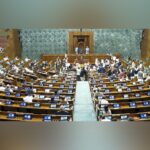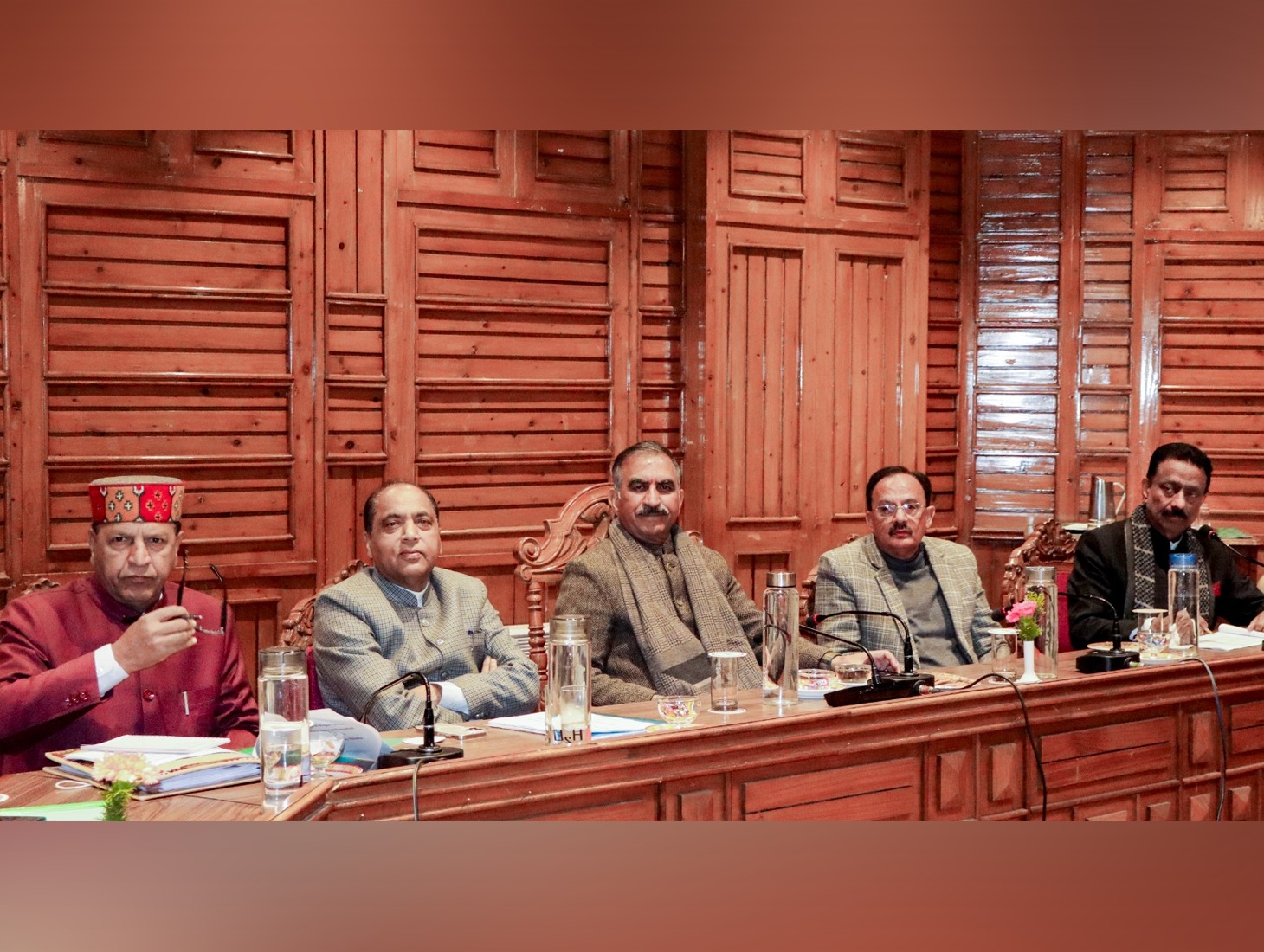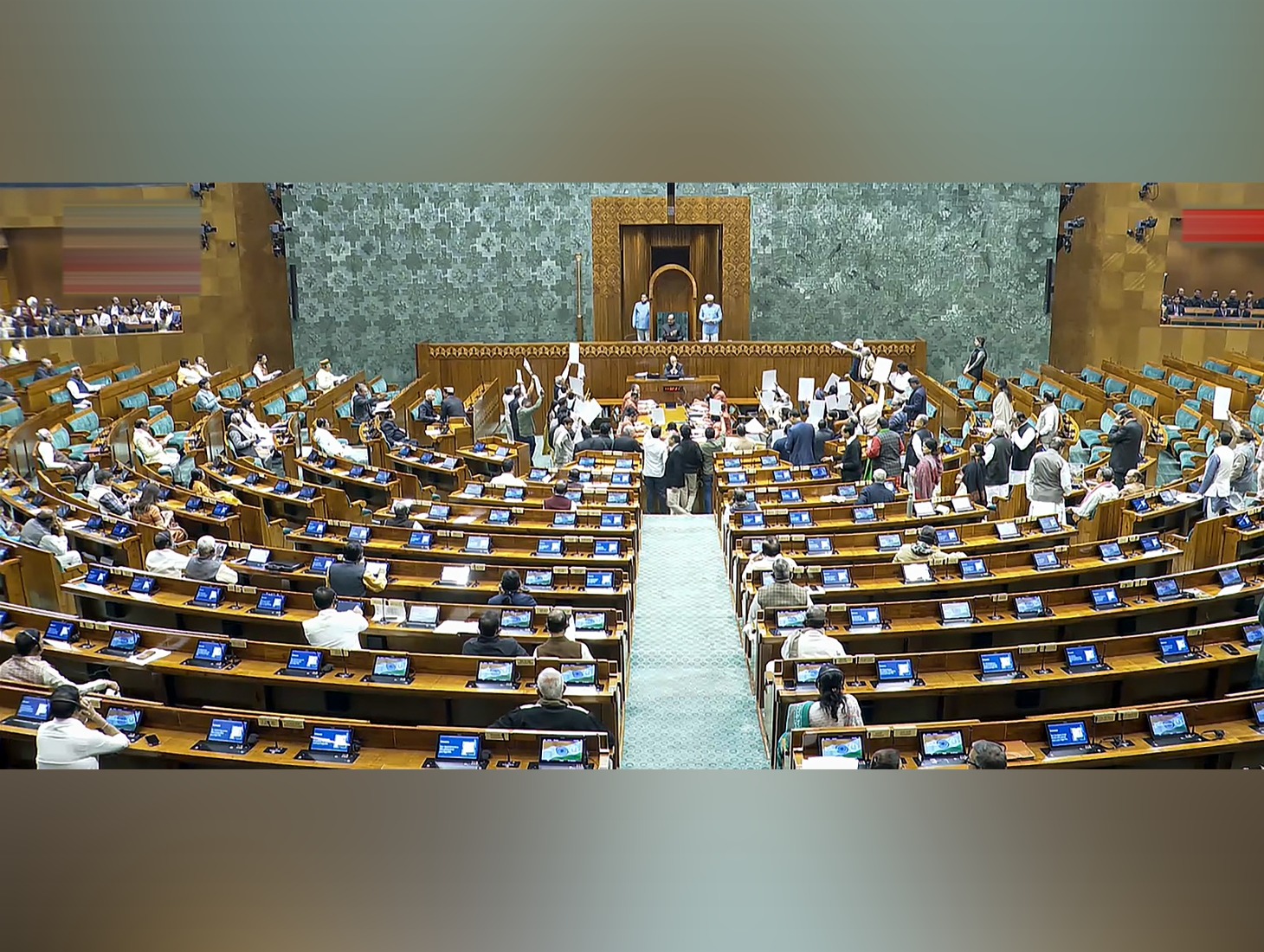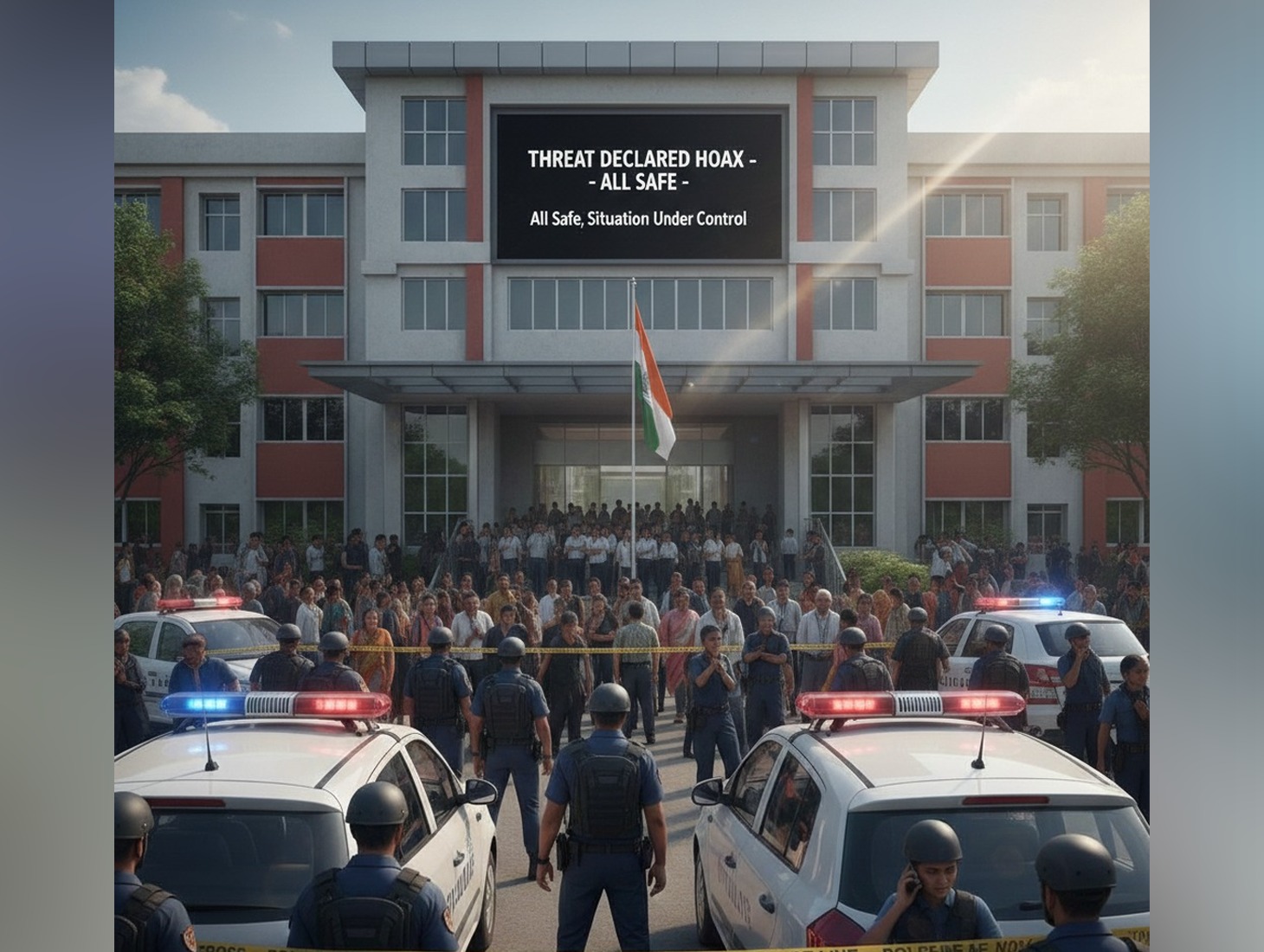The North News
New Delhi, April 4
Prime Minister Narendra Modi on Friday set out a sweeping 21-point Action Plan aimed at strengthening ties among BIMSTEC member states, as he addressed leaders at the sixth summit of the Bay of Bengal Initiative for Multi-Sectoral Technical and Economic Cooperation (BIMSTEC) in Bangkok. Highlighting the urgent need for regional solidarity, Prime Minister Modi called on member nations to boost trade, enhance cooperation in the information technology sector, and forge stronger partnerships in space exploration and security. “It’s time to boost business across BIMSTEC nations,” Modi said in a post on X, formerly Twitter. “Let’s harness the rich potential of the IT sector and make BIMSTEC technologically stronger.”
The Prime minister also used the platform to stress the importance of collective disaster response strategies, particularly after the recent earthquake that impacted both Myanmar and Thailand. “The recent earthquake… underscores the need to work together in the field of disaster management,” he said.
Modi’s action plan also urged member nations to invest in youth development and deepen cultural linkages—areas he described as key to building a resilient and connected regional identity. “Few things connect like culture,” he wrote. “May cultural linkages bring BIMSTEC even closer.”
In a series of social media posts, Modi underscored his vision of BIMSTEC as a dynamic force for good in the region. “BIMSTEC has the potential to be a shining example of capacity-building frameworks. We will all learn from each other and grow,” he stated.
The summit brought together leaders from Bangladesh, Bhutan, India, Myanmar, Nepal, Sri Lanka, and Thailand—all key stakeholders in the region. Modi’s proposals are expected to form the foundation for deeper integration in areas ranging from economic policy and innovation to security and environmental resilience.
While no immediate commitments were made, observers say the initiative signals New Delhi’s intent to elevate BIMSTEC as a more influential regional bloc, especially amid shifting geopolitical tides in South and Southeast Asia.
















